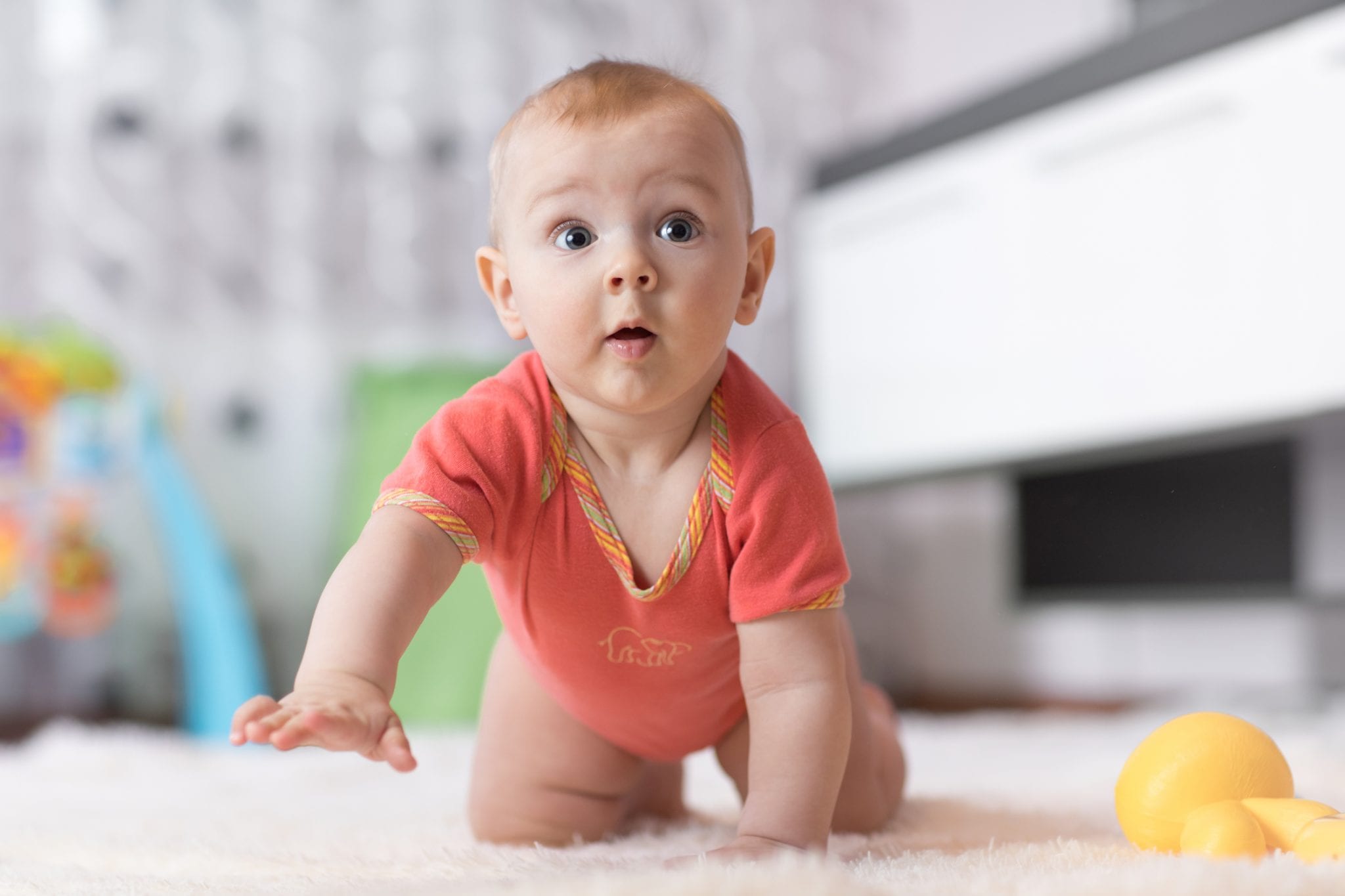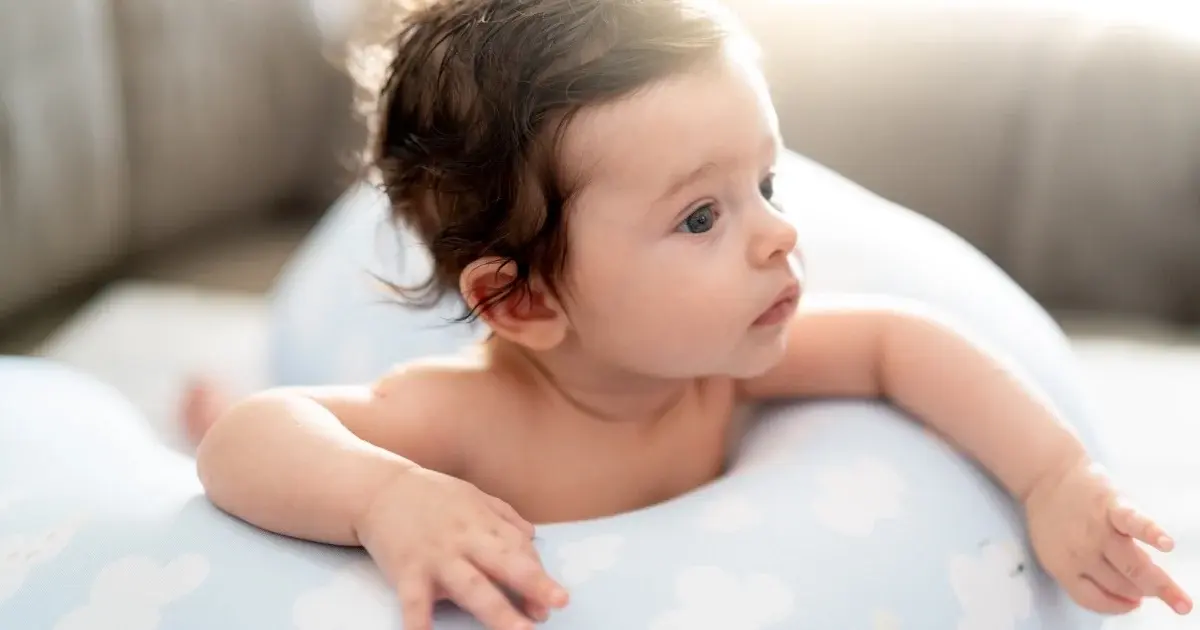
Can Torticollis Cause Developmental Delays?
Published in the Journal of Craniofacial Surgery last month, the study set out to examine the relationship between plagiocephaly and torticollis in relation to motor development. The research team were testing the hypothesis that torticollis1 affects the achievement of various gross motor milestones2 in infants with plagiocephaly.3
The researchers recruited a sample group of 175 infants with plagiocephaly, some of whom had torticollis and some of whom did not. The infants were tested on their achievement of various specific gross motor milestones on a monthly basis throughout the duration of a physiotherapy treatment programme.
The team observed significant differences in the infants’ ability to roll over, crawl and stand, with those who had torticollis tending to perform worse for their age group than those who didn’t. Even when adjustments were made for the severity of the plagiocephaly and the age of referral, the presence or absence of torticollis seemed to have a significant effect on infants’ crawling and standing ability.

(Read blog: Impact of Torticollis Associated With Plagiocephaly on Infants’ Motor Development)
Plagiocephaly and Gross Motor Delay
This finding may come as a surprise for those who are familiar with the work of Matthew Speltz and his team at Seattle Children’s Hospital. Amongst many other factors, they examined the association between torticollis and subjects’ neurodevelopmental status. So, does torticollis cause developmental delays? Interestingly, they found no links between neurodevelopment and the presence or absence of torticollis, a finding that was not replicated in the more recent study.
Instead, they concluded that skull asymmetry might affect brain development directly or vice versa.
(Read blog: Case-Control Study of Neurodevelopment in Deformational Plagiocephaly)
Advice for Parents and Healthcare Professionals
While the precise nature of the relationship between plagiocephaly, torticollis and motor development may be disputed, the fact that it exists at all has important implications for parents, carers and healthcare professionals.
Whether the rate of motor development coincides with the presence of plagiocephaly, torticollis or both, it’s important to remain vigilant of these potential risk factors. So if your baby is affected by one or both of these conditions, your GP or health visitor should closely monitor his or her development in order for any abnormalities to be identified and addressed early on.
If torticollis is present, they will be able to refer you to a physiotherapist for treatment. If your baby has plagiocephaly, they should make appropriate recommendations depending on the severity of the deformity. In the meantime, here are five exercises to improve torticollis.
In moderate to severe cases of plagiocephaly (with or without torticollis), a cranial helmet can be used to return the head to a more normal shape. Unfortunately, this treatment is not currently available on the NHS, but it is effective, safe and clinically proven to provide noticeable and permanent results.
We hope this post helps shed some light on the common question of ‘does torticollis cause developmental delays?’ If you think your baby might have moderate or severe plagiocephaly, Technology in Motion can help. Using standardised clinical procedures, our qualified orthotists will measure your baby’s head shape and assess the severity of the deformity before advising you on what to do next and providing treatment if required.
Call 0330 100 1800 to arrange an appointment at your nearest UK clinic, or browse our website for more information on our practices and the services that we provide.
Glossary
1. Torticollis: a condition characterised by an abnormal, asymmetrical head or neck position due to a difference in the length or tightness of the muscles in the neck. It is either congenital (i.e. present from birth) or acquired later on.
2. Gross motor milestones: motor skills involving large muscle groups and whole-body movement, such as sitting up, rolling and crawling. Not to be confused with fine motor milestones, which are those involving small muscle movements, such as transferring objects from one hand to the other or gripping objects using a finger and thumb pinch.
3. Plagiocephaly: a head shape deformity often found in infants. The head is asymmetrical and may seem slightly wider than usual, with one ear pushed forward and/or the brow more prominent on one side than on the other.


